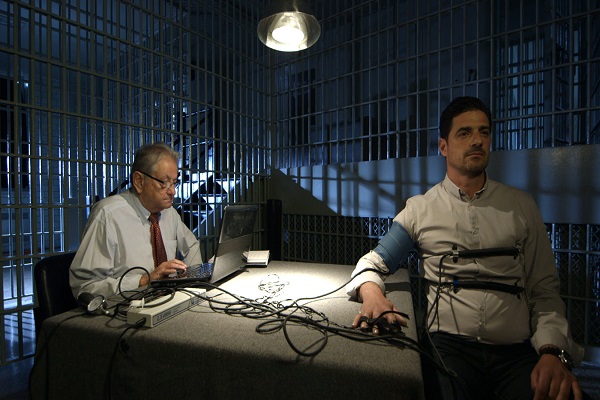About 34 percent of job seekers lie on resumes, according to the findings of a survey conducted by HireRight.com. In a tough job market, the numbers edge up and the line between fact and fiction blurs even more. According to Forbes.com, the most common lies revolve around education, employment, job titles and technical skills – all of which today’s screening methods can pretty easily spot. Then there are the small workplace lies told to impress co-workers, amaze new hires, edge out a competitor, and to CYA when a project goes south.
At the root of our human experiences are three basic types of lies: (1) The lie offered when the cost of the truth is too dear; (2) the lie used as a tool or a means to an end; and (3) the lazy lie – the easiest answer versus the truthful one; a fib that wasn’t worth telling in the first place because it didn’t avert a disaster or hurt feelings, nor did it particularly impress or further a goal.
Everyone has a predominant lying style which predicts when they likely will or won’t tell a falsehood, and everyone has a threshold for how often someone can lie to them before they wise up or label them a liar. Regardless of one’s value structure or tolerances, or how skilled or experienced a liar one is, nearly everyone eventually will be caught in a falsehood. That doesn’t make lying acceptable, but it does suggest that a discussion on how to handle that eventuality may be helpful.
Just as there are different types of lies, there are also three knee-jerk responses when caught in a lie:
- Denial: “I’m telling you the truth, I swear”;
- Deflection “It was only a joke” or “I never thought you’d believe that”; and
- Indignation “You can’t handle the truth” or “You left me no choice but to lie to you”.
Unfortunately, none of these responses accomplish the new goal of getting past a lie with minimal ego bruising. If your original intent was to keep someone close to you or to impress them, these responses will accomplish the exact opposite result. When you point to the other party (that one lied to), hoping to shift the blame of the lie to them, experts suggest that you notice that three fingers point back to you. And those three fingers suggest a better approach:
-
- Take ownership of telling a falsehood as soon as possible after it is discovered.
The longer you wait after discovery, the more grievous the lie becomes to the other person and the harder it will be for you to own it. “Okay, this is hard, but I admit that what I told you (wrote on my application, told our boss, etc.) wasn’t entirely true.”
- Take ownership of telling a falsehood as soon as possible after it is discovered.
-
- Express remorse before you offer an explanation.
“I’m sorry I felt it necessary to do that” or “I’m sorry I did it.” Ownership without accountability, and without remorse for misleading someone, is meaningless in the eyes of the beholder regardless how justified you felt in doing it.
- Express remorse before you offer an explanation.
- Ask if you can explain why you felt it necessary to lie.
It’s human nature to want to avoid causing hurt feelings, to aspire to succeed and to desire to be well thought of, and to occasionally get lazy and tell a meaningless lie that somehow gets away from us. We all can identify with those motives. If that’s what happened, admit it — without trying to co-sign blame, which mitigates or nullifies the earlier apology. Owning a lie rarely diminishes you in the way that trying to reassign it can.
Even if there are serious consequences to pay as a result of the lie, own it, apologize, and ask to explain. You’ll cultivate a far more empathetic judge and jury than you will if you initially deny, deflect, or show anger toward the person who called you out, and maybe learn something about your own values and vulnerabilities that can help you avoid more lies in the future.




No comments yet.